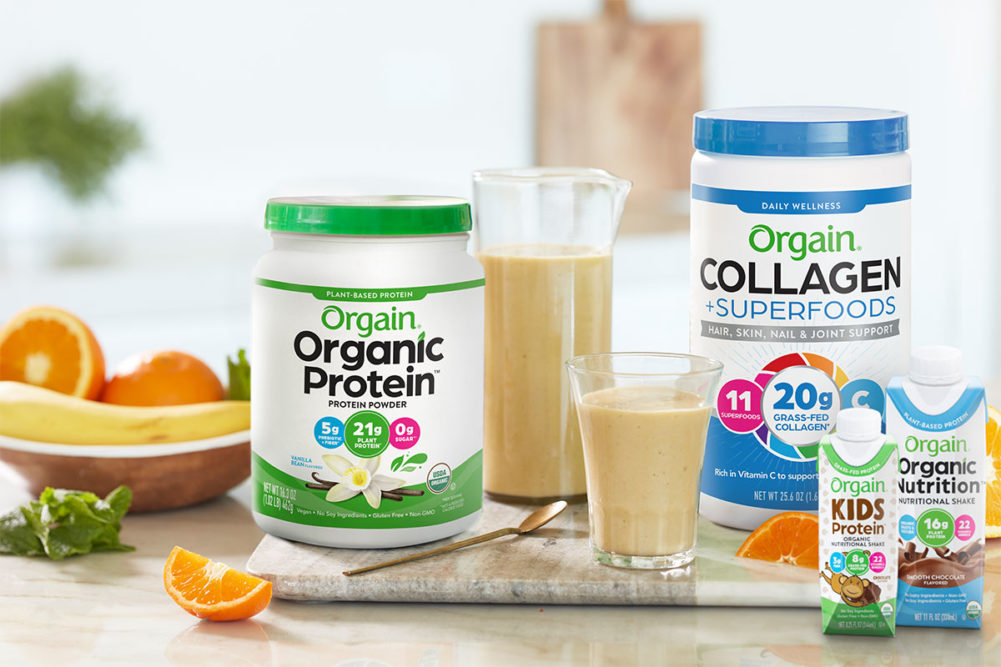BOSTON — Nestle SA’s Nestle Health Science business unit is an amalgam of acquisitions. Since 2011, the company has invested heavily in such nutrition brands as Nature’s Bounty, Nuun and Vital Proteins, the medical nutrition category and pharmaceuticals. Now the company is setting the stage for greater margin growth from the business unit.
In a Sept. 7 presentation at the Barclays Consumer Staples Conference in Boston, Francois-Xavier Roger, Nestle’s chief financial officer, said Nestle Health Science has an operating margin of around 12% to 13%. The company’s ambition is for the business unit to reach a level where it will not be dilutive to Nestle’s total business, he said.
Nestle Health Science sales are “north” of 6 billion Swiss francs ($6.24 billion), said Roger, and the three segments are growing mid-single digits.
“… We need to bring consistency between these different businesses,” he said. “We need to make sure that they complement each other both in terms of brand architecture, in terms of price points, (and) in terms of distribution.”
He added that he sees Nestle Health Science having a similar portfolio structure as Nestle’s coffee business, with super premium, premier and mainstream options.
Aligning internal cost synergies also will be a priority. The company currently utilizes several co-packers for manufacturing and will seek options to improve efficiencies.
Using Atrium Innovation, a supplement supplier with gummy manufacturing capabilities the company acquired in 2017, as an example, Mr. Roger said those capabilities may be used for other products in the Nestle Health Science portfolio that may be less cost competitive.
CapEx costs to remain high
Historically, Nestle’s overall capital expenditures have been 4% to 5% of sales. Last year they were approximately 6% and will be around 7% this year.
“It will remain high again next year, and then it will start to decrease in the end of '23, beginning of '24, then it will normalize,” Mr. Roger said. “I see that as good news because that means that there is increased demand.
“It is putting in the short term, a little bit of pressure on cash flow generation. But this is a deliberate decision …”
The increase has been necessary to alleviate supply chain constraints primarily in Nestle’s coffee and pet food businesses.
“We are starting to commission some of these plants,” Mr. Roger said. “We just commissioned a new plant in Thailand a few weeks ago, and we have new industrial units being commissioned in Europe and in the US at the beginning of next year.”
Preparing for the worst in Europe
Concern about the European natural gas supply this winter has prompted Nestle to put contingency plans in place.
“We are not a heavy user of gas to start with,” Mr. Roger said. “But we started to work on the case a few months ago, and we have identified about 5% of our global industrial footprint (that) is potentially at risk.”
The company has identified 15 to 16 plants in Europe predominantly in Germany and Switzerland that may be at risk.
“There are two main things that we can do,” Mr. Roger said. “The first one is to convert whatever possible the source of energy from gas to oil. And oil is widely available today, so not an issue.
“Whenever it's not possible, we will pile up inventory ahead of the winter. So, we can start piling up inventory now to make sure that we can supply our customers.”
He compared potential supply chain disruptions that may occur to the early days of the COVID-19 pandemic and added, “Some of our suppliers may be affected as well. So, in that case, we are really working on adding up a little bit more inventory or looking at alternative suppliers, mainly outside of Europe because I mean, outside of Europe, the situation should be okay.”




